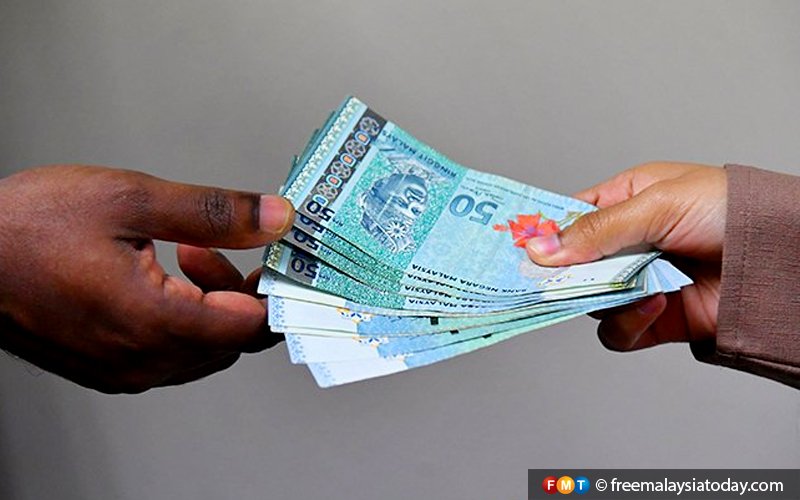PETALING JAYA: With a drastic drop in business during the Covid-19 pandemic, more micro businesses turned to loan sharks to pay for their operating costs and many are now in deep trouble.
To help these struggling businesses, Klang MP Charles Santiago has proposed a rental relief fund, which could help them tide over their problems until business picks up again.
Santiago said those in business for five to six years may not be able to survive the crisis, unlike those operating for 15 to 20 years with investments to support their core business.
“The micro businesses with three to five staff, like hairdressers, coffee shops and stalls and restaurants, will not be able to survive,” he told an online forum held with other service industry members.
He said some family-owned or independent businesses have decided to close down their businesses by the end of this month. “Those who are going to Ah Longs are only getting into deeper problems,” he said.
On the proposed rental relief fund, Santiago said the government could help small businesses with 30% revenue drop year-on-year, by subsidising 60% of their rental fees with a cap of RM8,500 until December 2021 or up to a maximum of RM48,000.
This would be regardless of whether the rented space in government or privately-owned.
He saids the grants should focus on businesses like catering, retail and trade, small hawkers in markets and car workshops, where the takings were less than RM15,000 a month.
He said Hong Kong and Singapore were helping small business with up to 75% of their rental costs.
He hoped the government could incorporate the proposed fund in its RM20 billion Covid-19 bill expected to be tabled next week in the Dewan Rakyat. He said the government could set aside RM1 billion for the fund.
‘No choice but to borrow’
A small-time tailoring and clothing trader from Brickfields, Diccan Lourdes, said during the forum that he had no choice but to turn to loan sharks two months ago.
He said he had gone to several government agencies seeking help but they did not offer rental aid services.
“I had no choice,” said Lourdes, who owes his land owner RM32,000.
He has been running the business for three years but had to close for three months since March because of the movement control order.
His rental is RM12,500 a month and, with no income, he has to use his savings to pay the the salaries of his five employees.
“Now, my savings are all dried up,” he said, adding that he had to lay off two of his workers.
Lourdes said the land owner had agreed to a 30% rental discount but he still could not raise the money. He has up to the end of this month to pay the RM32,000 arrears or face eviction.
Amrahi Buang, president of the Malaysian Pharmaceutical Society, said pharmacies were allowed to operate during the MCO but business had dropped by between 30% and 70% with some smaller pharmacies taking home barely RM2,500.
“How do they pay for their personal finances (commitments)?” he asked.
Even doctors have been affected, Malaysian Medical Association secretary-general Dr Thirunavukarasu Rajoo said, with clinics, having seen a drop by 70% and even 100%.
He said rentals in Putrajaya were as high as RM7,000 to RM8,000 a month.
Hu Su Mong, president of the Malaysia Singapore Coffee Shop Proprietors’ General Association, said it had been appealing to the government to reduce rental from the start of MCO.
He said rental in big cities for coffee shops could came up to RM30,000 a month.
“Many shops have failed to pull through. I, too, had to close shop for the first few months because I didn’t know where to find the money,” said Hu.
Muthusamy Thirumeni, president of Malaysian Indian Restaurant Owners Association, said food operators were facing cash flow problems with fewer customers. while operating cost remained the same.
Michael Mei Xian, representing hairdressers, said their highest cost was rental and business had fallen by 50% to 70%. “Now most people wash and cut their hair. But our main income is from perms and colouring of hair,” he said.
CLICK HERE FOR THE LATEST DATA ON THE COVID-19 SITUATION IN MALAYSIA

